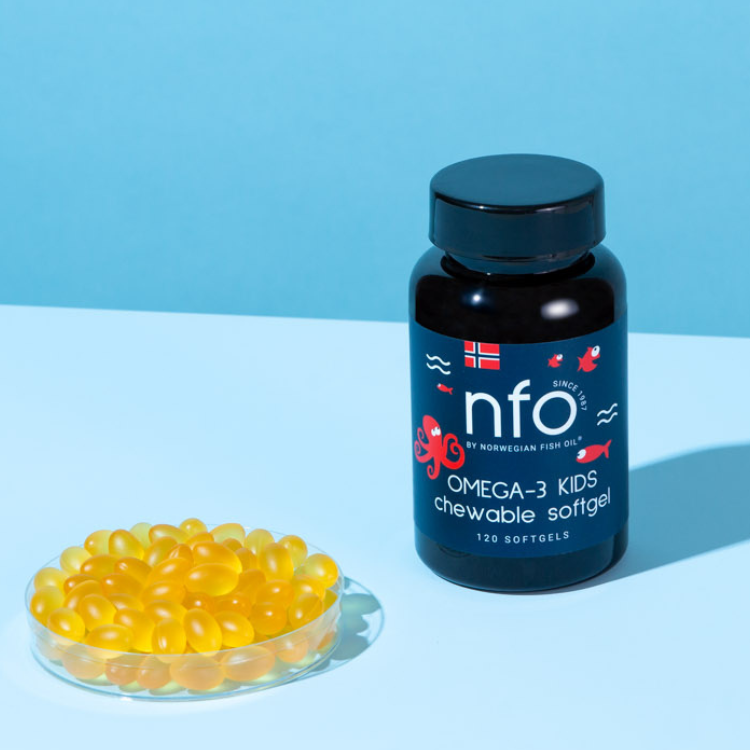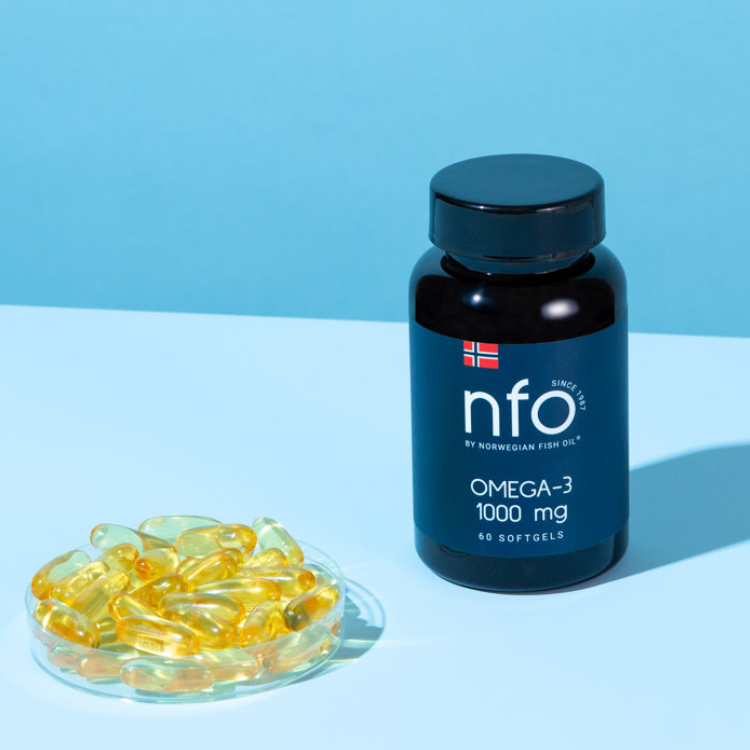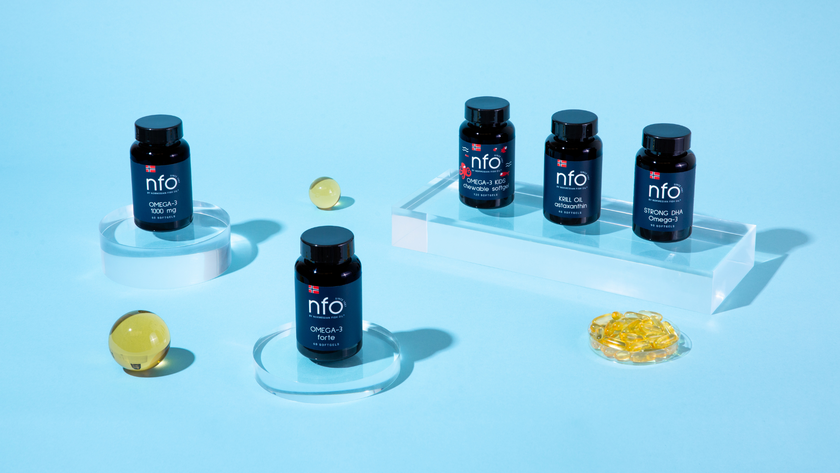Vitamin C: A Double-Edged Sword
High doses of Vitamin C may contribute to oxidative stress through the Fenton reaction, potentially worsening inflammation in MS patients (Abe et al., 2022; Enami et al., 2014).
Biotin (Vitamin B7): Potential Risks in High Doses
Studies have shown mixed results regarding high-dose biotin supplementation in MS. Some research suggests no significant benefits and potential adverse effects (Birnbaum et al., 2017; Cree et al., 2020).
Vitamin A: Balancing Benefits and Risks
Vitamin A plays a role in immune function, but excessive intake can lead to toxicity and worsen MS symptoms (Filippi et al., 2013).
Thiamine (Vitamin B1): Neurological Implications
Thiamine deficiency can contribute to neurological dysfunction, but excessive supplementation without supervision is not advised (Jhala et al., 2011).
Vitamin D: A Notable Exception
Vitamin D is beneficial for MS management, but proper dosage is crucial to avoid potential risks (Alharbi, 2015; Sintzel et al., 2018).









